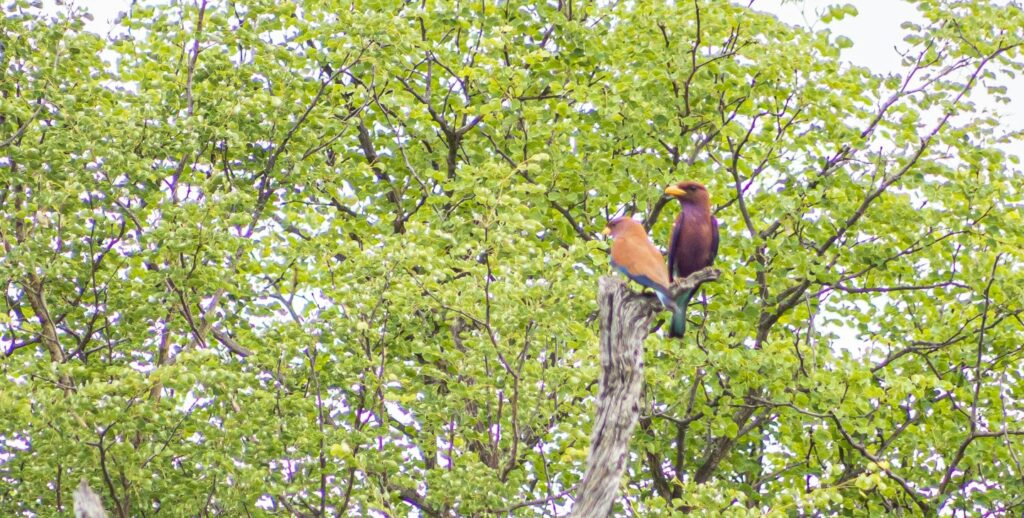Wildlife plays a vital role in maintaining the balance of the world’s ecosystems and supporting human well-being through food, medicine, and recreation. However, many species are under threat due to habitat loss, climate change, and over-exploitation, making wildlife conservation an important issue that requires our attention and action.
What is Wildlife Conservation?
Wildlife conservation is the practice of protecting, preserving, and restoring wildlife populations and their habitats. It involves a range of activities that aim to prevent the extinction of species and maintain biodiversity. Conservationists understand the value of species beyond their tangible benefits to humans, and work to ensure that future generations can enjoy the beauty and diversity of wildlife.
Why is Wildlife Conservation Important?
- Biodiversity: Wildlife conservation helps to maintain the diversity of species and ecosystems, which is crucial for the functioning and stability of the planet.
- Climate regulation: Many species, such as trees and wetlands, act as carbon sinks, helping to regulate the Earth’s climate by absorbing carbon dioxide from the atmosphere.
- Ecological services: Wildlife provides numerous ecological services, such as pollination, pest control, and soil conservation, which are essential for agriculture and human well-being.
- Economic benefits: Wildlife-based tourism is a major contributor to many countries’ economies, and the protection of wildlife and their habitats can provide long-term economic benefits.
- Cultural significance: Many species hold cultural, spiritual, and traditional value for communities, and the loss of these species can have a profound impact on the cultural heritage of these communities.
- Scientific knowledge: Wildlife conservation provides an opportunity to study and understand species and their habitats, which can lead to new discoveries in fields such as medicine and genetics.
- Future generations: By conserving wildlife, we ensure that future generations can enjoy the same biodiversity and ecological services that we do today.

Examples of Endangered Species
- Snow Leopard: This stunning big cat is native to the high mountain ranges of Central Asia and is listed as endangered due to habitat loss and hunting.
- African Elephant: African elephants are under threat from ivory poaching and habitat loss, with populations declining by more than 20% in the past decade.
- Sea Turtles: Six of the seven species of sea turtles are listed as endangered due to habitat loss, pollution, and hunting.
- Orangutan: The orangutan is listed as critically endangered due to habitat loss caused by deforestation for agriculture and palm oil production.
- Rhinoceros: The rhinoceros is one of the world’s most iconic species, but it is also one of the most endangered. Poaching for their horns continues to be a major threat to their survival.
- Gibbons: Gibbons are a family of primates native to Southeast Asia and are listed as endangered due to habitat loss and hunting. The Hainan gibbon, in particular, is considered the rarest mammal on the planet with only 26 individuals remaining.
- Vaquita: The vaquita is a species of porpoise native to the Gulf of California and is considered the most endangered marine mammal in the world due to accidental entanglement in fishing gear.
Get Involved in Wildlife Conservation
- Support conservation organisations: There are many organisations working to protect wildlife and their habitats. Consider making a donation to support their efforts.
- Reduce your impact on the environment: Simple actions, such as reducing energy consumption and conserving water, can have a positive impact on wildlife and their habitats.
- Educate yourself: Learn about wildlife conservation and the issues that threaten species survival. Share your knowledge with friends and family to help raise awareness.
- Travel responsibly: When you travel, choose eco-friendly accommodations and activities that support wildlife conservation.
Join a Wildlife Conservation Volunteer Program
GVI offers various wildlife conservation volunteer programs and internships around the world. These programs provide hands-on experience for individuals who are passionate about conservation and want to make a positive impact. Participants work with local communities and organisations to help protect wildlife and their habitats, and learn about conservation in a real-world setting.
Examples of GVI’s wildlife conservation programs include assisting with wildlife research and monitoring, working on conservation projects to protect species such as sea turtles and elephants, and participating in anti-poaching initiatives. In addition to hands-on work, GVI provides support and training to ensure that participants are equipped with the necessary skills and knowledge to be effective in their efforts.
Wildlife conservation is essential for the health and stability of the planet and its ecosystems, and for the well-being of both humans and wildlife. By supporting conservation efforts, we can ensure that these species and their habitats are protected for future generations to enjoy.


